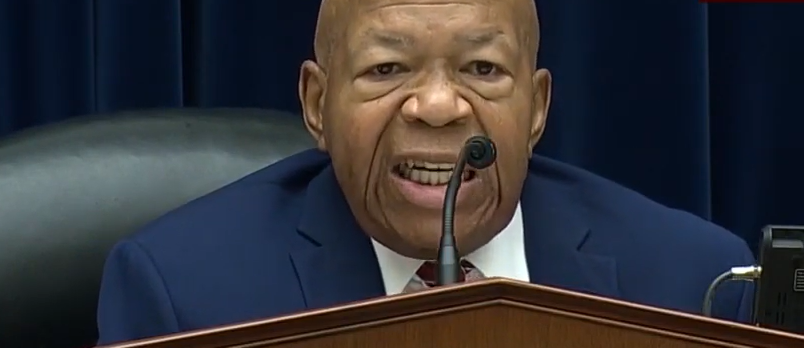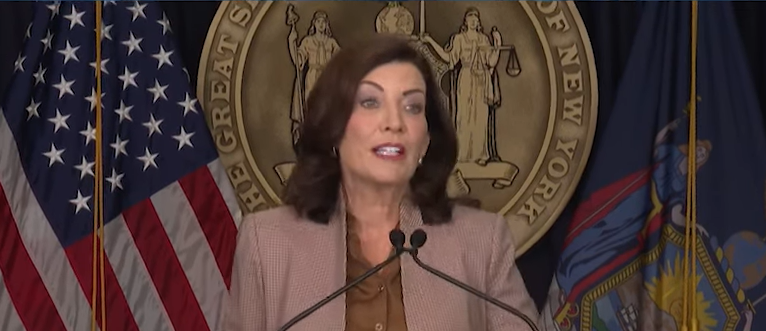A recent City Council meeting began with a vote to override Mayor Bloomberg’s veto of the Dignity for All Schools Act, which seeks to combat the pervasive bullying, taunting and harassment in New York City schools.
For years concerned parents and advocates have tried to get the Department of Education (DOE) to acknowledge the problem and take it seriously, all to no avail. Therefore, the City Council passed legislation requiring that the DOE not only have a policy that protects all students from harassment of all kinds, but also a structure for implementing that policy.
Speaker Gifford Miller commented that he didn’t think the DOE wanted to have a clear reporting mechanism for these kinds of incidents because they’re afraid of the answers they’ll get if they seriously ask the question. “And that’s a shame,â€? he said, because acknowledging the problem and getting out in front of it is the way to address school violence in general, since harassment and bullying is the beginning of the slide into an unsafe and unhealthy school environment.â€?
Council Member Letitia James brought up another issue regarding education: the Mayor’s announced expansion of his retention policy to the fifth grade, which would end social promotions at that level.
James mentioned the Mayor’s talk about the success of his Summer Academy for third graders, which enabled 75% of those attending to be promoted to the fourth grade. “The success of the Summer Academy was due in part to smaller class size, qualified teachers, a challenging curriculum, and proper materials – basically resources, resources and resources,â€? James stated.
She went on to point out that if they were only to apply those same resources to the academic year, there would no longer be a need for a retention policy in the third and/or fifth grade. “But without those needed resources, fifth graders can look forward to another Summer Academy that will have to be financed at a much higher level because the fifth grade contains a much more challenging group of students.�
Also on the agenda were two pieces of legislation introduced by Council Member Helen Foster. The first called for an oversight hearing in regard to the actions being taken by the New York City Department of Health and Mental Hygiene to address disparities in life expectancy between poor communities of color and wealthy communities in the New York City. The second resolution called upon the same agency to declare the Bronx a rat-infested disaster area and to implement an ongoing rat extermination program.
Another resolution submitted by several Council Members, including John Liu, Annabel Palma, Miguel Martinez, Jose Serrano and Kendall Stewart, calls upon the United States Department of Health and Human Services to withdraw its intent to implement Section 1011 of the Medicare Prescription Drug, Improvement and Modernization Act of 2003. This act would require that in order to become eligible for reimbursement for medical treatment of undocumented immigrants, hospitals would have to report the immigration status of their patients. This resolution urges all New York City hospitals not to apply for this funding until this requirement is removed.
In an interview following the meeting, Council Member Kendall Stewart, Chair of the Immigration Committee, called this policy tantamount to a bribe. Hospitals are told there’s this pot of money, but in order to get their share, they have to do something that’s against all medical ethics – report private and confidential information that would then be used to begin deportation proceedings.
Stewart also said that such a policy would discourage undocumented immigrants from seeking medical attention except in cases of life-threatening emergencies. If they come down with contagious diseases such as tuberculosis but are afraid to get treatment, the risk to the general population is enormous. It’s in the best interests of every New Yorker to stop this legislation in its tracks.






